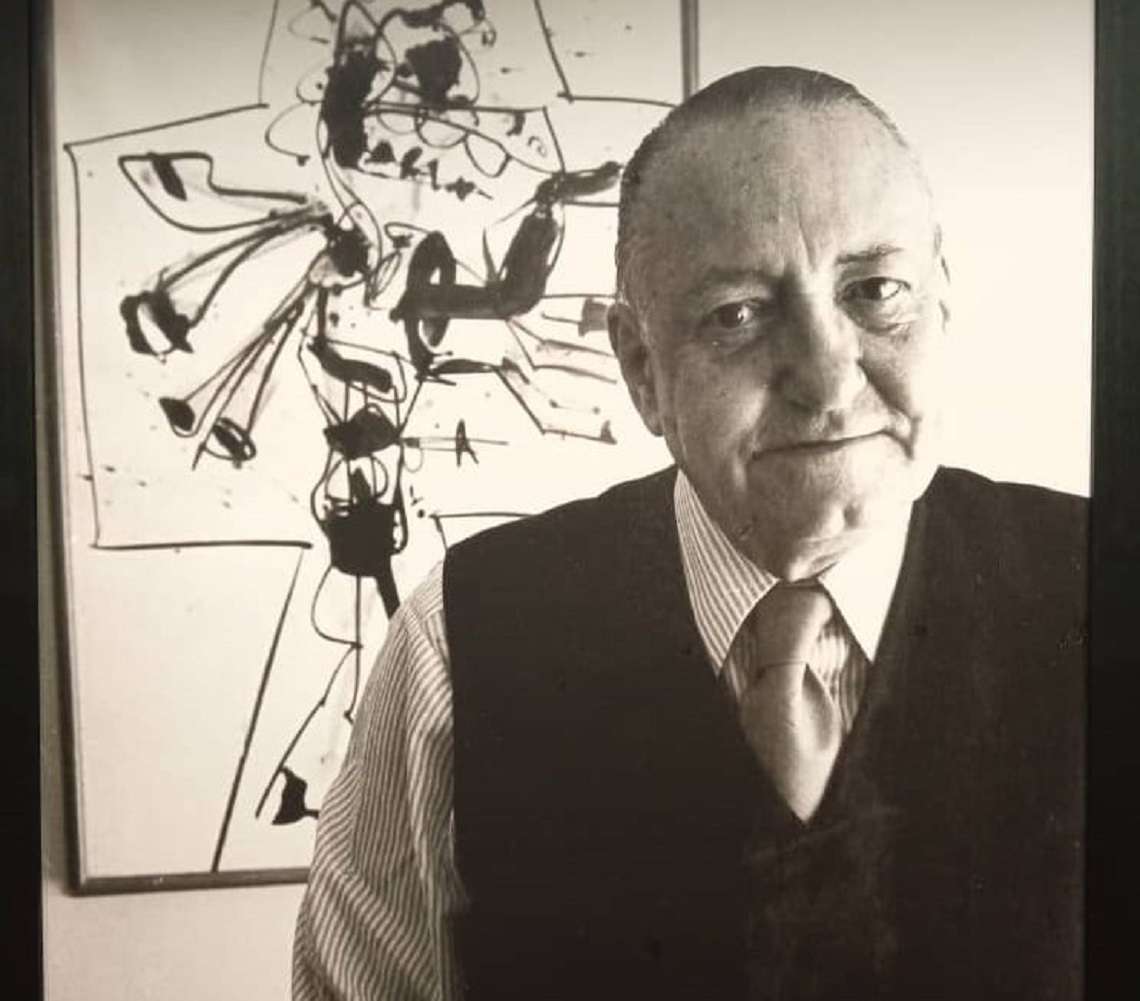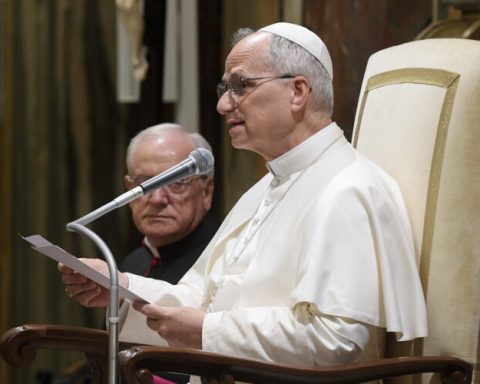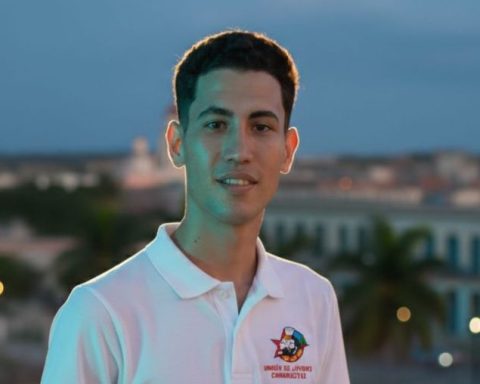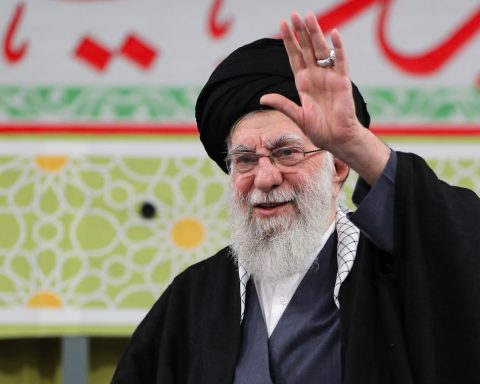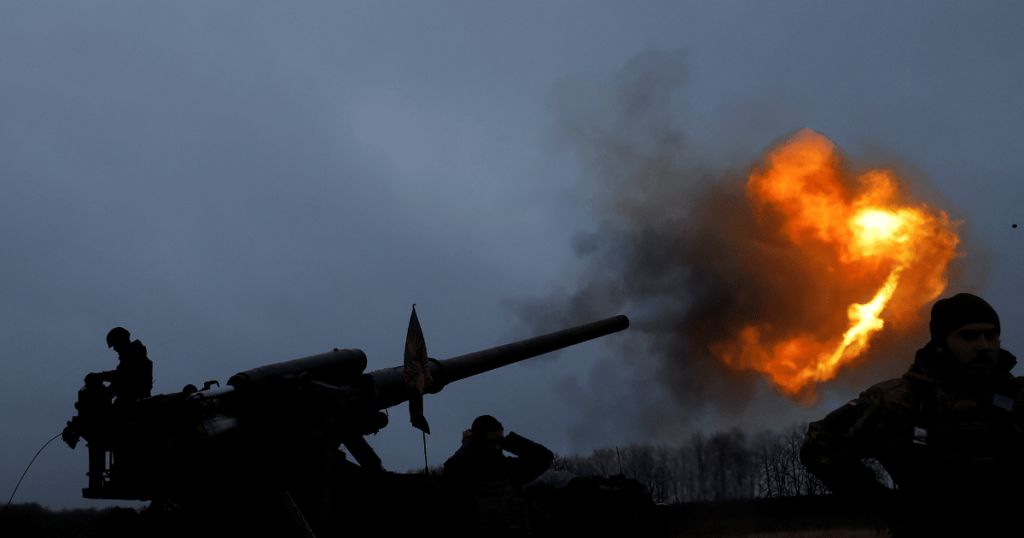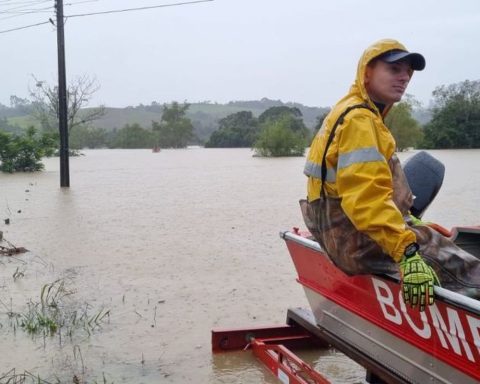The Office of the Historian of Havana and the Alejo Carpentier Foundation presented today “La Ruta de carpentier” in homage to the 118th anniversary of the birth of the first Cervantes Prize for Cuba.
The route starts at the headquarters of the Alejo Carpentier Foundation, in Old Havana, former home of the Counts of Reunion. The property transcended in the pages of his book Age of Enlightenment.
The director of the Hispanic American Center for Culture Yanelys Encinosa Indian a Latin Press (PL) that the proposal will materialize in the context of the 2023 International Book Fair, from February 9 to 19, and then in the summer together with the Rutas y Andares project.
The tour includes visits to the Wifredo Lam Center, where specialists and historians will talk about the artist’s relationship with plastic arts, and to the Márquez de Arco Palace, where part of the writer’s property is located, donated by Lilia Esteban, his wife.
Meanwhile, the House of Poetry will be the space to address his little-known texts in this genre, according to PL’s office.
The proposal also includes a visit to the Palace of the General Captains, where before the statue of Christopher Columbus, the novel would be remembered The harp and the shadowwhile in the Casa de México, historians will discuss his play The Witch’s Apprenticewhich recreates the process of conquest in that nation.
For their part, at the Simón Bolívar House they would dedicate themselves to reviewing Carpenter’s vision of Latin America, as well as the importance for his writing of his stay in Venezuela, reflected in his novel the lost steps.
The tour will conclude in the Plaza Vieja, where the impact of the novel will be discussed Spring consecration.
Specialists in his literary work will take part in the route, as well as artists from the Espacio Teatral Aldaba scenic narration group, directed by Irene Borges, who will prepare a traveling show that involves various artistic manifestations.
Alejo Carpentier y Valmont was born in Lausanne, Switzerland, on December 26, 1904, although his family settled in Havana between 1908 or 1909. The son of a French architect and a Russian professor, he began studying architecture in 1921, leaving two years later, going on to practice as a journalist before gaining renown as a brilliant storyteller.
After 1959 and after having lived in Venezuela, he held responsibilities such as director of the National Publishing House and vice president of the National Council of Culture, as well as being a cultural adviser at the Cuban Embassies in various Ibero-American and Eastern European capitals. He died in Paris on April 25, 1980, where he was a diplomat.
After Alejo Carpentier, Dulce María Loynaz and Guillermo Cabrera Infante were awarded the Cervantes, the highest award for literature in the Spanish language.
